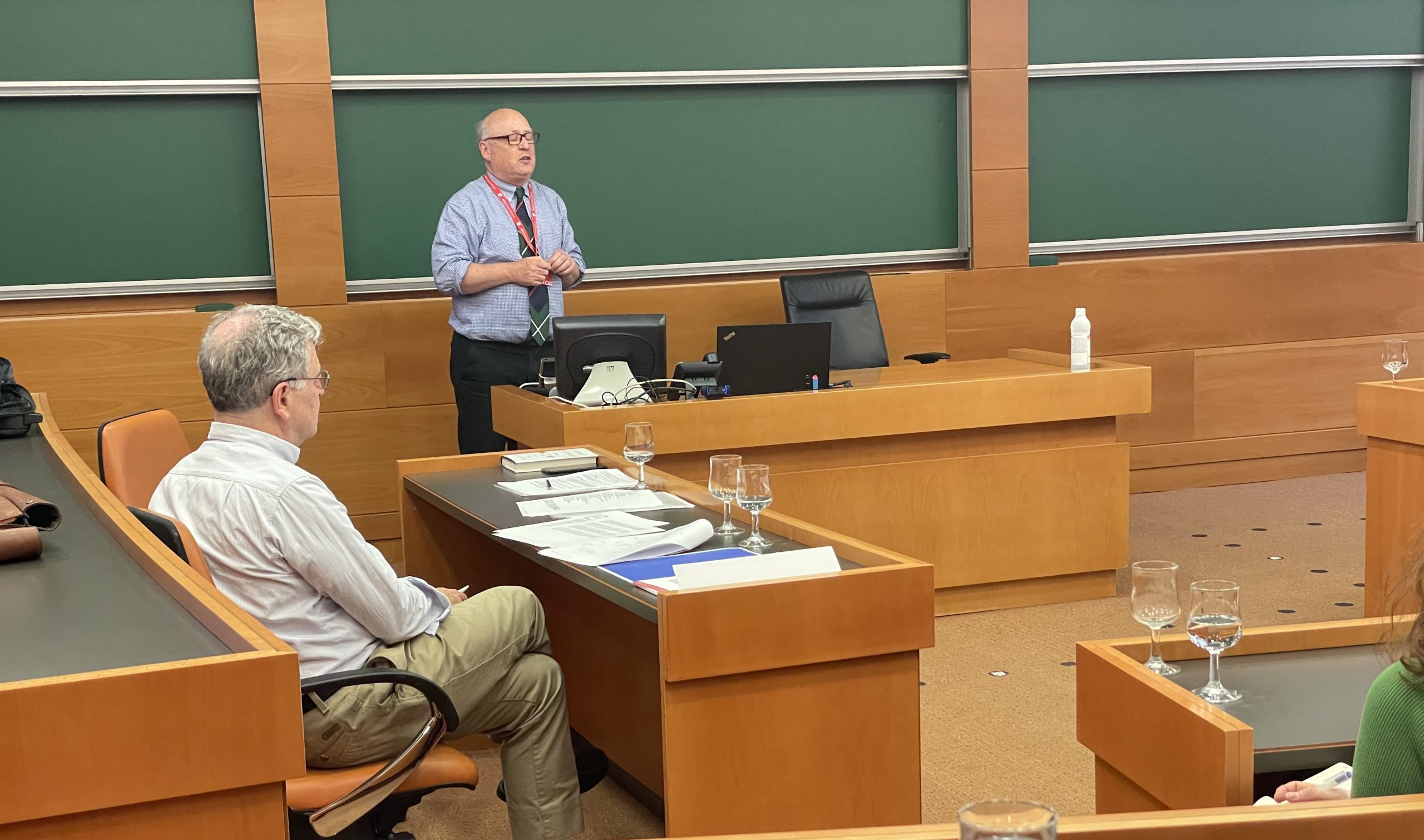- The Origins of Equality
Were human beings always considered equal in value and in worth throughout history? When did this equality develop in human society and why? Is this equality robust or fragile? Would this concept of equality change in the light of heritable genome editing?
- Equality in Philosophy – What Makes Human Beings Equal?
Which philosophers developed the idea of equality in value and in worth of all human beings, and which disagreed with the concept and why? Does the philosophical basis of such equality come from science, from rational autonomy, from consequentialist values, or from another source?
- Equality in Society – How Does the General Public Understand Equality?
How does the general public understand the concept of equality? Does it matter that different societies value equality in different ways? Should total equality always be considered a goal?
Does the general public understand the possible consequences for society of heritable genome editing?
- Equality and the History of Eugenics
Was the equality of value and worth of all human beings a concept considered relevant when historical eugenic policies were being developed? What was the basis of historic eugenic policies and what were their aims?
- Equality in International Law
When was the equality of all human beings developed in international law and what legal instruments addressed it? What is the basis for this equality in international law? Is this being challenged at present? What would the consequences for civilized society be if this equality were no longer accepted in law? Does international law address heritable genome editing? If so, what are the arguments?
- Does a ‘Life Unworthy of Life’ Actually Exist in the Case of Very Severe Genetic Disability?
Are there any cases where a life unworthy of life can exist because of very severe congenital disorders? If so, is it possible to characterize how such a life can be determined? Who would decide that a life can be unworthy of life? Would this concept of a life unworthy of life undermine the concept of equality of value and worth of all life?
- Equality, Heritable Genome Editing and the Expressivist Argument
In the context of human reproduction, one version of the expressivist argument may be used to argue that any decision to select against possible future individuals with specific disabilities may be an expression by the person making the decision of disvalue towards existing individuals with the heritable disabilities. It may even be suggested as openly revealing the person’s value system relating to these existing individuals who were born with a disorder. But what are the different forms of the expressivist argument and what counter arguments may exist?
- How Is Personal Identity Perceived in the Light of Congenital Characteristics?
What is personal identity? How do persons with a congenital disability perceive their disability in the context of their personal identity? How do non-disabled persons perceive the disability of persons with congenital disorders in the context of their personal identity?
- Could Heritable Genome Editing Be Used without Undermining Equality in Particular Circumstances?
Do circumstances exist where heritable genome editing would not undermine the concept of the equality in value and worth of all individuals in society? Do circumstances exist where heritable genome editing would undermine such equality?
- Equality of Access to Heritable Genome Editing
Who will have access to heritable genome editing? Will it only be restricted to the rich? What kinds of effects would this have on society after a number of generations? Would different kinds of human species develop (those who are gene-rich and those who are gene-poor)? What can society do to address such risks?
- Heritable Genome Editing and Intergenerational Equality
Do human beings who presently exist have a responsibility towards future persons? If they do, why? Should a form of intergenerational equality be considered? How could it be implemented?
- Heritable Genome Editing, Equality, and the Future of Society
Would the acceptance of heritable genome editing undermine the concept of equality in a future society? What would happen if the concept of equality in value and in worth no longer existed in society? Would a civilized society survive? What are the aspirations of society in the light of heritable genome editing? How will a debate on this topic take place in society?
